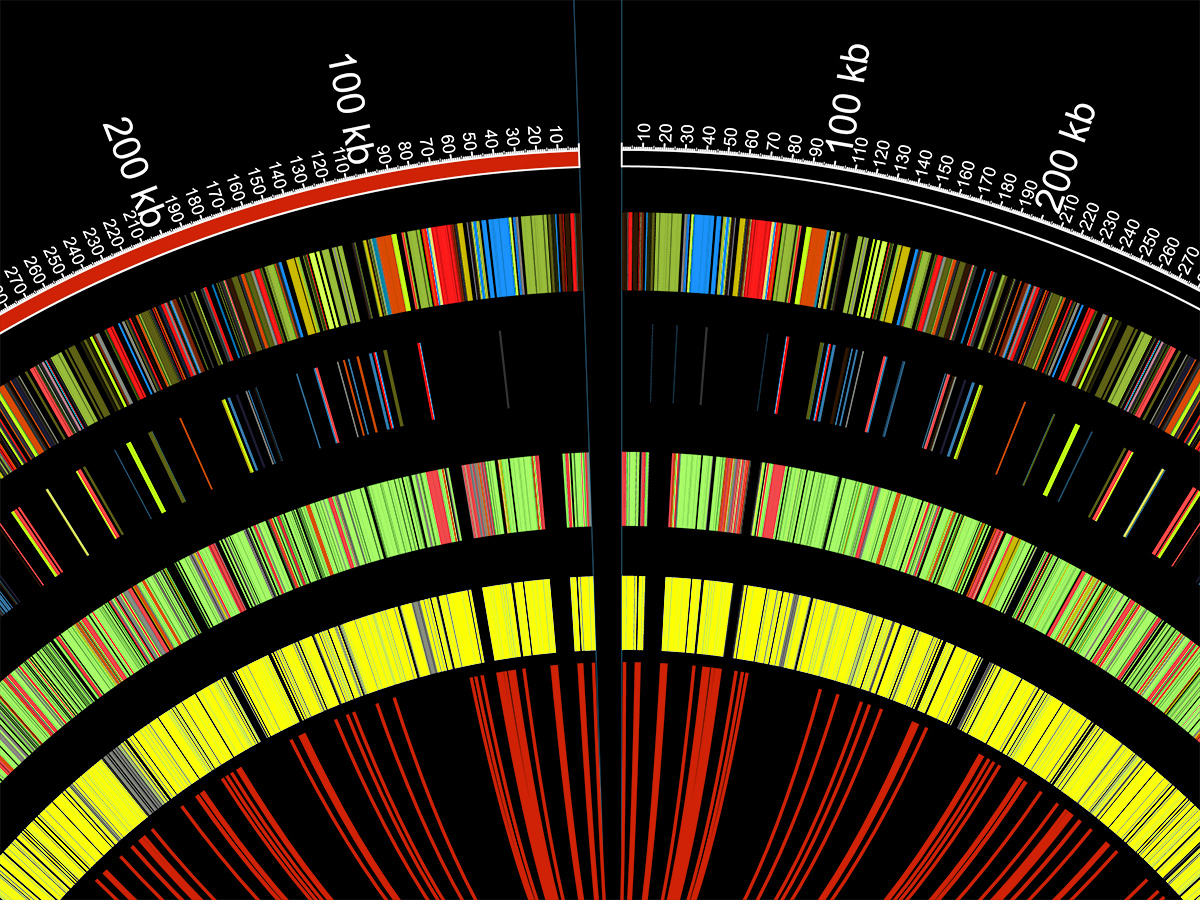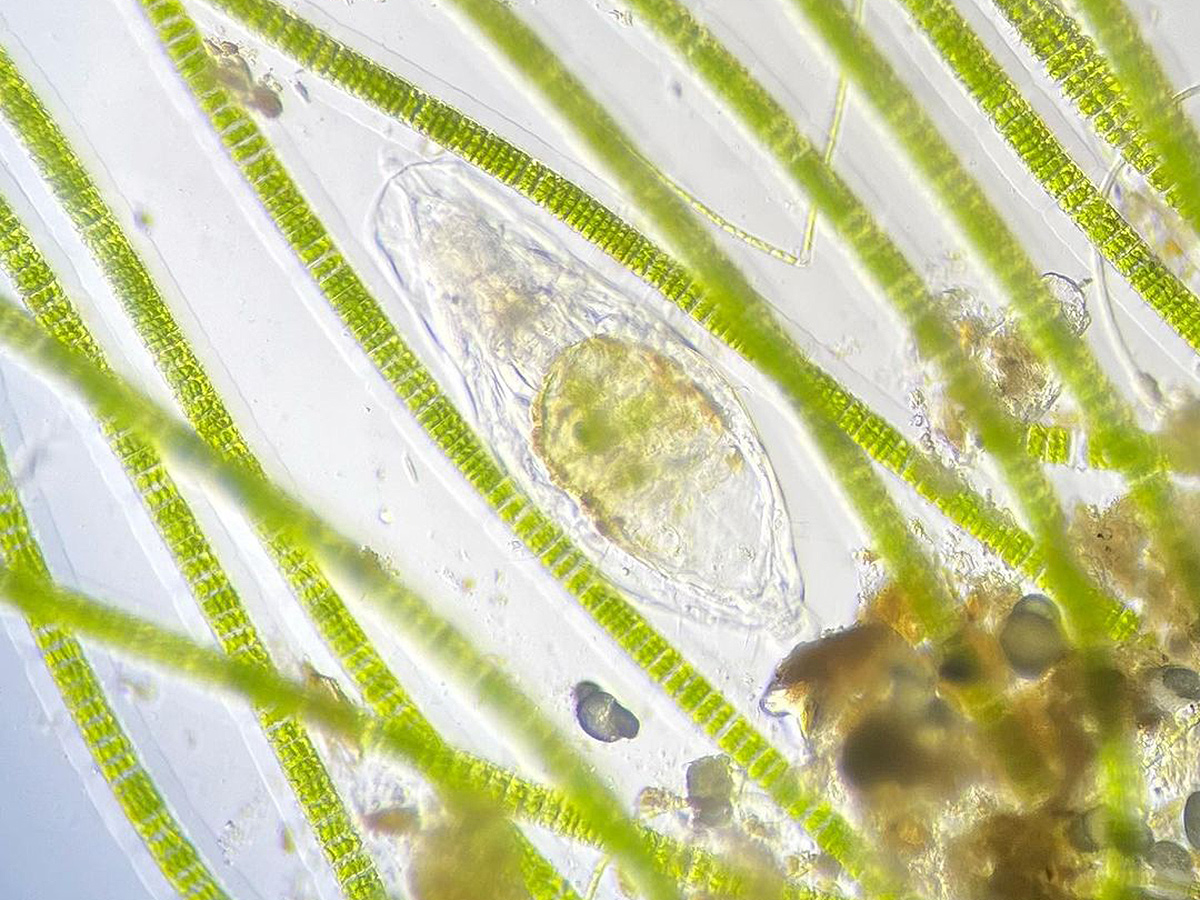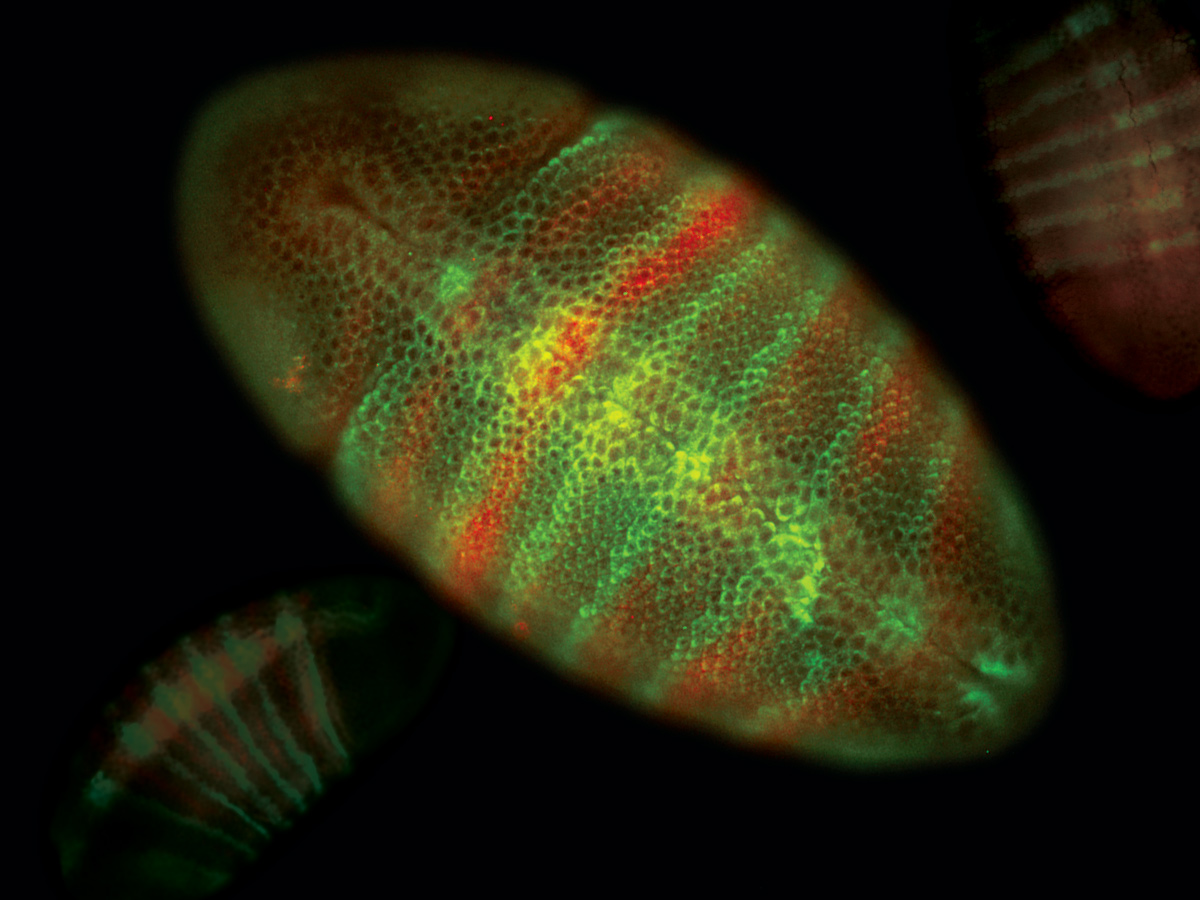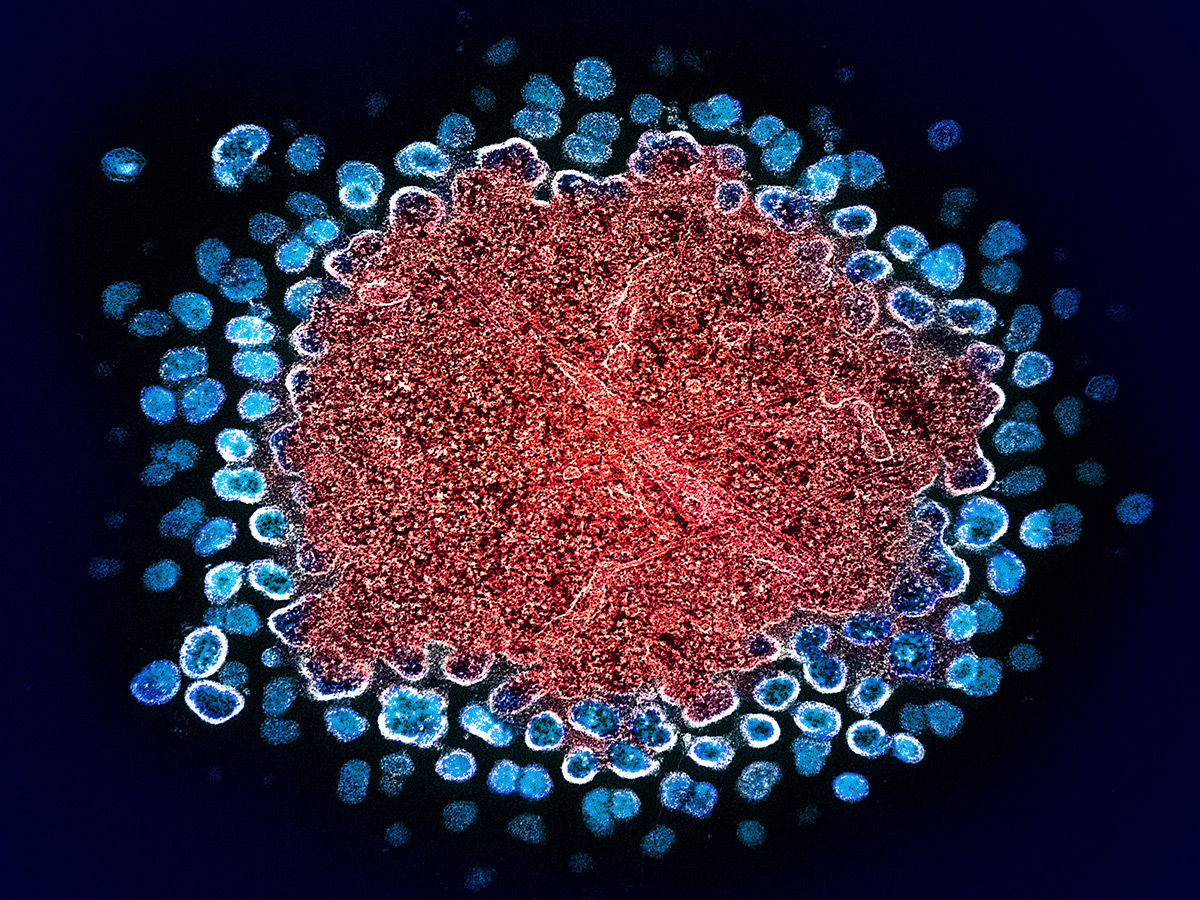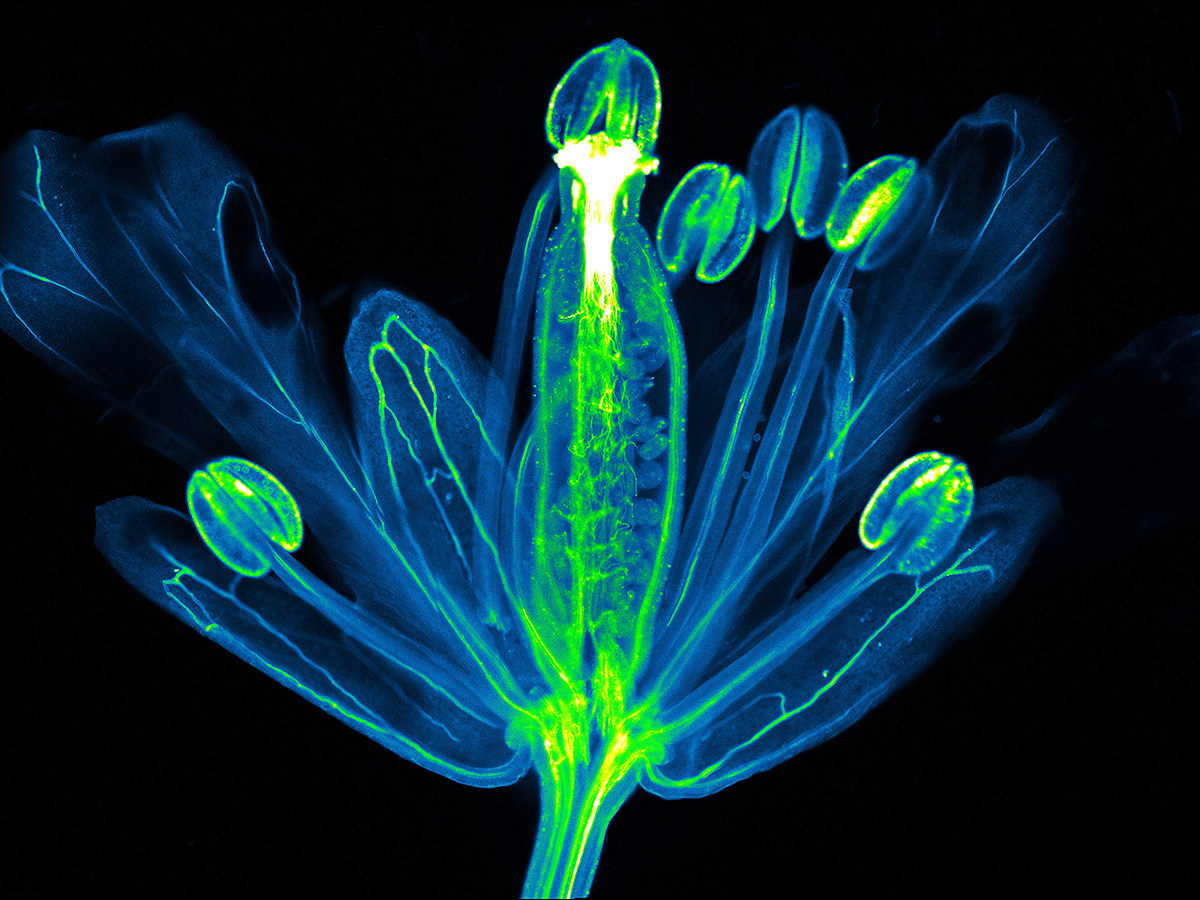The Department of Cell Biology and Molecular Genetics is a dynamic and interactive department actively engaged in research, teaching and service. The mission of the Department is to generate and disseminate knowledge on molecular mechanisms underlying the functioning of cells, which are the fundamental units of life.
Our research falls into five specialization areas. Within these areas, we are making important discoveries in gene expression and regulation, signal transduction, organelle biogenesis and traffic, assembly and dynamic interactions between cells, and interaction networks at the whole cell or system level. The approaches we use include state-of-the-art molecular biology, cell biology, genetics, genomics and bioinformatics. Our long-term goals are to advance knowledge on fundamental aspects of molecular and cellular function and to apply these new insights to the improvement of human life.
Our faculty have distinguished records in research, teaching, and professional service both on and beyond our campus. Research is conducted in state-of-the-art facilities with advanced instrumentation located among three buildings (Bioscience Research Bldg, Microbiology Bldg and H.J. Patterson Hall). Our research is enhanced by substantial interactions and collaborations with nearby research institutions, including the National Institutes of Health, Smithsonian Institution, U.S. Department of Agriculture and U.S. Food and Drug Administration.
We contribute to the undergraduate teaching programs of the College of Computer, Mathematical, and Natural Sciences (CMNS), providing students with a broad understanding of the significance of biology in their lives and in the world around them. We offer courses for upper-level undergraduates and teach several freshman and sophomore courses in the cross-departmental undergraduate Biological Sciences Program (BSCI) curriculum.
Our faculty members participate in the Biological Sciences Graduate Program (BISI) in the College of Computer, Mathematical, and Natural Sciences (CMNS), mainly in two concentration areas: Molecular and Cellular Biology (MOCB) and Computational Biology, Bioinformatics and Genomics (CBBG). Graduate students receive comprehensive and vigorous training that equips them to meet the critical needs of society and to direct and shape the future of science. Our research and teaching missions are intertwined, reflecting our strong commitment to transmit in-depth biological knowledge to future generations.



